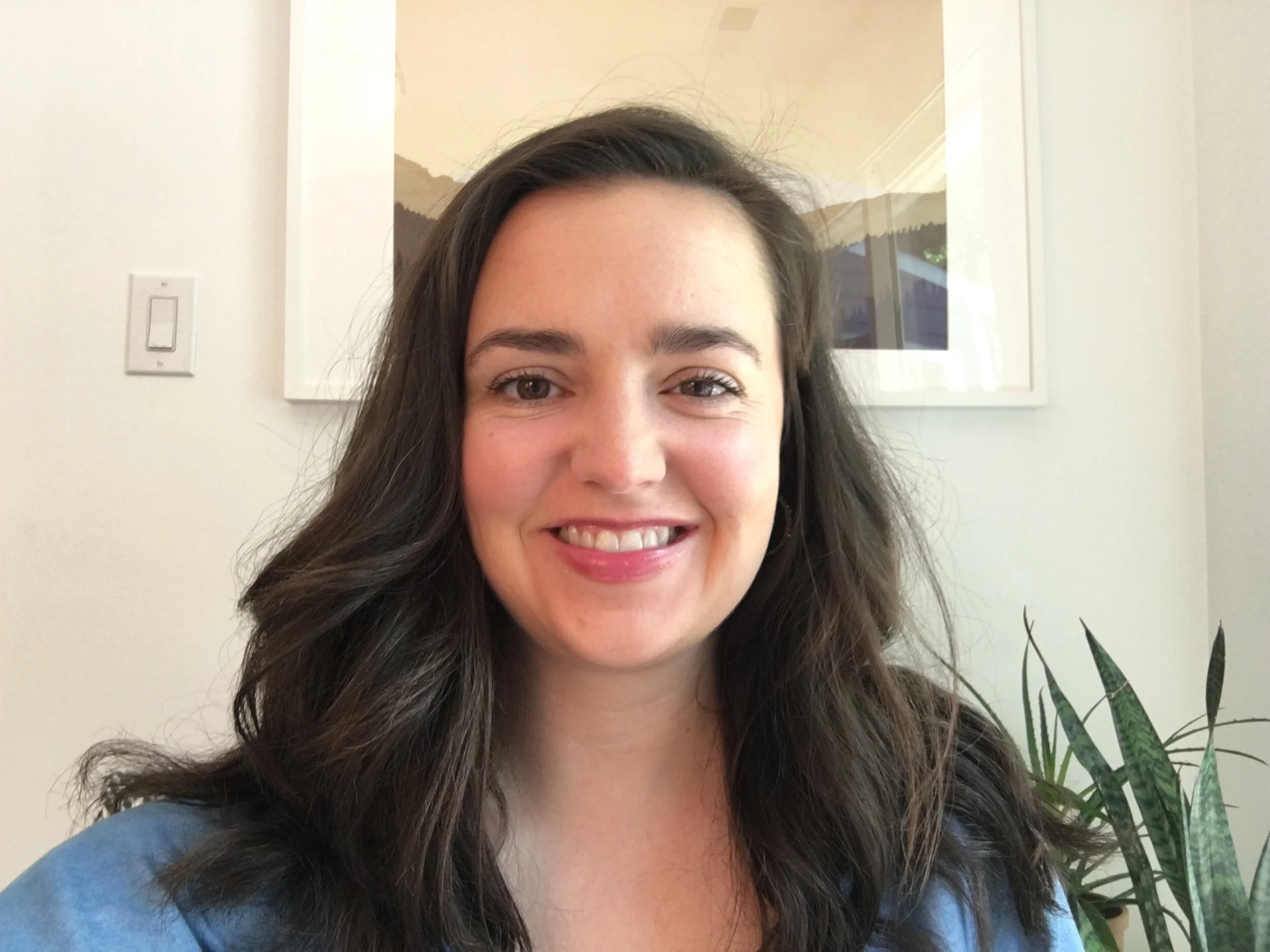
Cognitive Therapy for Irritable Bowel Syndrome in Asheville
Helping You Navigate IBS so You Can Stop Thinking About Food and Start Enjoying Your Life.
You’re a smart and capable person, but ever since getting diagnosed with IBS, you’re feeling more anxious and unsure.
You’ve been to the doctor, and they’ve assured you that nothing is “wrong” with your gut, but how can that be true when you’re experiencing regular flares and difficult symptoms?
At the beginning of your journey, you had hope that things would improve, but now you’re worried you won’t get better at all. You’ve tried all of the fad diets, cleanses, and off the wall treatments you could find, but your symptoms aren’t really improving.
You’re really feeling fed up.
Sadly, this is a common experience for patients with Irritable Bowel Syndrome (IBS). IBS is a Functional Bowel Condition. Essentially, your GI tract is normal. There isn’t a testable or visible pathology or damage, but that doesn’t mean that your symptoms aren’t real or “all in your head.”
Cognitive Behavior Therapy (CBT) is a proven treatment for Irritable Bowel Syndrome. CBT works on the exact system in the body that is responsible for your IBS flares and helps reduce symptoms so you can get back to living your life without searching for the nearest bathroom.
Hey! I’m Sam.
I’m a Cognitive Behavior Therapist, and I specialize in working with clients with Irritable Bowel Syndrome.
Through Cognitive Behavior Therapy, I’ll help you learn specific tools to actively reduce symptoms, prevent future flare-ups and stop thinking so much about the food on your plate.
My Approach
Cognitive Behavior Therapy for IBS (CBT) is an evidence based form of therapy designed to quickly treat symptoms of Irritable Bowel Syndrome.
Over the course of 12 weeks, you’ll learn about the “true” cause of IBS and its symptoms, and you’ll learn easy to implement tools to help you start feeling better fast. We’ll cover topics from pain reduction to eating out with friends. By the end of the program, you’ll have the tools you need to manage your IBS for good.
My approach is very collaborative and fun. I’m really open to feedback, and my number one objective is to help you reach your goals as quickly as possible.
How it Works
Step 1:
Click the “Make an Appointment” button and choose a time that works for you.
I’ll send you a brief survey to complete, and we’ll have a quick chat to determine if we’re a good fit.
Step 2:
If we choose to work together, we’ll schedule an initial appointment. In this session, I’ll ask a lot of questions to learn more about your current challenges and your goals for therapy.
During this appointment, we’ll discuss your individualized IBS treatment plan.
Step 3:
We’ll meet weekly for 55-minute sessions.
Each week, we’ll review your progress from the previous week, set an agenda, and wrap up with a goal for the next week.
Frequently Asked Questions
IBS is a physical condition. How can Cognitive Behavioral Therapy treat Irritable Bowel Syndrome?
IBS is difficult to treat with medication or diet alone because biological, psychological, and environmental factors all contribute to IBS. The good news is Cognitive Behavior Therapy can help address each of these factors. With targeted treatment, you can actually feel better long-term. Through symptom education, relaxation training, targeted stress management, and focused behavior change, CBT helps clients lead a normal, fulfilling life without crippling symptoms.
How Long Will CBT For IBS Take?
Depending on your goals, you could complete treatment in as little as 8-12 weeks. To learn more about your particular timeline, schedule a free consultation.
I’ve tried other treatments for IBS, how do I know that this will work?
It’s incredibly frustrating to try treatment after treatment with little to no success. CBT for IBS is different from other forms of treatment like medication or diet change because it tackles the underlying system contributing to symptoms.
While no form of treatment is guaranteed, CBT for IBS has been proven to reduce symptoms in even the most difficult of cases.




